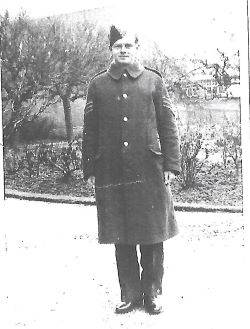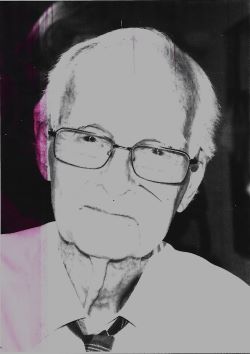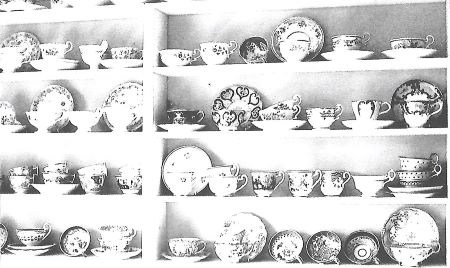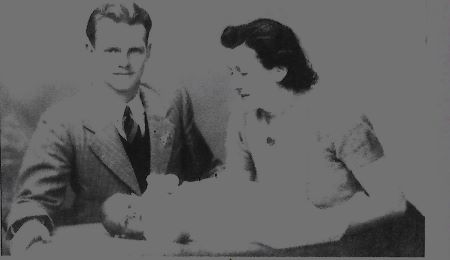



|
Move "mouse" over thumbnail to change
 |
A Brief Summary of my Life by David Wadey
I was born in Slinfold, a small village near Horsham in Surrey. I won a scholarship to Collyer’s, the Grammar School in Horsham, leaving there at the end of 1935. From January 1936, I was articled to the Borough Surveyor of Lewes for three years. Normally, that meant working for no salary but, for my last year, I was given a position with the council to run concurrently with my articles at a salary of £2 per week. In late 1938, I obtained a post with Southwick Urban District Council on the south coast but, in July 1939, I was conscripted for six months training in the Armed Forces. We were called ‘militiamen’ and were the first to be conscripted in peacetime that the country had ever had.
In the event, war soon broke out and I served in the Forces till autumn 1945. I served with the 4th Battalion Royal Sussex Regiment till we came back via Bray Dunes Dunkirk evacuation, and then on at 133 Brigade HQ in the UK till March 1942, when we sailed via Cape Town to Egypt. We were in good time for the battle of Alamein serving under command of the 57th Highland Regiment. Due to losses, the Brigade was disbanded and I obtained a transfer to the Royal Engineers and remained with them, serving in Works Services in Libya and then Italy until the end of the war.
I was demobbed in the autumn of 1945 and reemployed by Southwick UDC. I moved to Portslade UDC after six months and, in 1948, moved to Spalding in Lincolnshire. Pay in local government service was very poor and I decided to do better by accepting a temporary two-year post of Garrison Engineer, as a civilian, with the Army in Egypt, then a post of three years in Cyprus and another in Malaya for three years. After various interviews, I was given a post in the Home Civil Service and served in Chessington, London and Croydon. In the summer of 1962, I was posted to Belize (then British Honduras) to superintend the rebuild of the Army camp after it had been blown down by Hurricane Hattie in 1961. I returned to London in the spring of 1963 and spent some years there till we moved to Croydon and, in 1982, I was retired.
My card-playing began with whist which I played from about the age of six with siblings and other relatives. No-one I knew played bridge.
During the war, I began playing solo whist when I was transferred to Brigade HQ, a regular game in Sergeants’ messes.
It was not until I served in Egypt after the war that I had the opportunity to play bridge in the officers’ mess with young service officers. My post entitled me to membership there. From then on, my wife and I had the opportunity to play bridge although she had little interest in doing so (still preferring the simple game of whist). Over the years, I played (without any classes or instruction) a reasonable amount of social bridge.
When I retired, among other interests, I decided to join a bridge club, the Malden Wanderers. After some years, it moved to Ditton (most members did) and it became Ditton Bridge Club. For some years, we played only on Mondays but, in 1999 (the year I lost my wife), we began playing on Mondays and Tuesdays and, for many years, I played on both evenings. Lately I have played generally only on Tuesdays. I play social bridge a minimum of once a month but did play regularly but people have sadly died.
I regarded my regular playing, together with my other hobbies including collecting cups and saucers of the 1800 to 1850 period (at one time, I had about 1800), as a great help to my wellbeing, particularly after the loss of my wife in 1999.
|